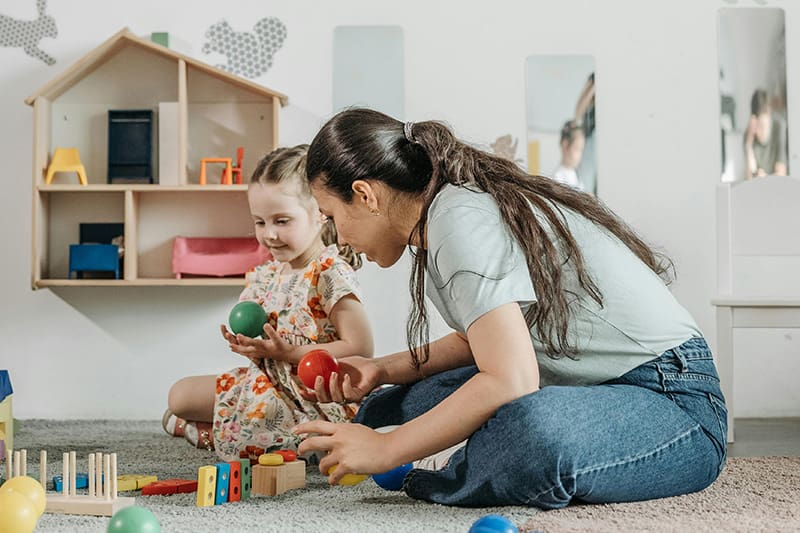Understanding the importance of generalization is key to unlocking the full potential of Applied Behavior Analysis (ABA) therapy. At Chicago ABA Therapy, we prioritize this essential concept to ensure lasting and meaningful progress for our clients.
What is Generalization in ABA Therapy?
Generalization is the ability to apply a learned skill or behavior across different situations, settings, and people. It’s the bridge that allows children to take the skills they’ve acquired in therapy and use them effectively in their everyday lives.
Imagine a child learning to request a snack during therapy sessions. True generalization occurs when that child can also request a snack at home, at school, or with different caregivers. This adaptability is a cornerstone of successful ABA therapy outcomes.
Why is Generalization Crucial?
Without generalization, the skills learned in therapy remain confined to the therapy room. This limited application hinders progress and prevents children from experiencing the full benefits of ABA.
Key Components of Generalization in ABA
-
Stimulus Generalization: The ability to respond to different but similar stimuli. For example, a child who learns to identify a red ball should also be able to identify a red apple or a red car.
-
Response Generalization: The ability to use different but similar responses to achieve the same goal. For instance, a child who learns to say “please” when requesting a toy should also be able to use sign language or a picture card to make the same request.
-
Maintenance: The ability to retain and use learned skills over time. This ensures that progress isn’t lost and that new behaviors become ingrained habits.
Strategies for Promoting Generalization in ABA Therapy
-
Varying Teaching Environments: Teaching skills in different settings (therapy room, home, school) helps children learn to apply them in various contexts.
-
Incorporating Multiple Instructors: Having different therapists, parents, and caregivers involved in teaching helps children learn to generalize skills across people.
-
Using Naturalistic Teaching: Teaching skills in real-life situations (e.g., practicing conversation skills during playtime) enhances generalization.
-
Reinforcing Generalized Behaviors: Rewarding children for using skills in new situations reinforces the importance of generalization.
-
Teaching Self-Monitoring: Helping children learn to recognize when they need to use a skill and how to apply it independently fosters generalization.
How Chicago ABA Therapy Prioritizes Generalization
At Chicago ABA Therapy, we integrate generalization strategies into every aspect of our treatment plans. Our therapists work closely with families to ensure that skills are practiced and reinforced consistently across all environments.
We utilize naturalistic teaching techniques to promote real-world application, and we empower parents and caregivers to become active participants in the therapy process.
The Importance of Continuous Assessment
Regular assessment is crucial to ensure that generalization is occurring. Our therapists track progress and make adjustments to treatment plans as needed to maximize skill transfer and maintenance.
Empowering Families: Your Role in Generalization
Parents and caregivers play a vital role in supporting generalization. By practicing skills at home, reinforcing positive behaviors, and creating opportunities for your child to apply skills in new situations, you can significantly enhance the effectiveness of ABA therapy.
Let Chicago ABA Therapy Guide Your Journey
If you’re seeking ABA therapy that prioritizes generalization and empowers your child to thrive, Chicago ABA Therapy is here for you. Our compassionate and experienced team is committed to providing comprehensive care that fosters lasting progress and meaningful change.
Contact us today to learn more about how we can support your child’s unique needs and help them reach their full potential.










